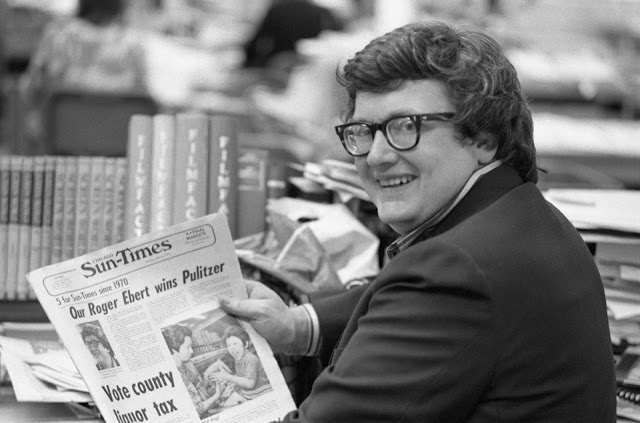For Tamil film audience, good films very rarely come their way. If a film worth the admission price releases at least once a month, we'd still be a happy lot. The month of May has already seen the release of Nalan Kumarasamy's riotous Soodhu Kavvum; I am guessing our nalla neram has started because we have another film that's very similar in spirit and almost equally competent in entertaining. Debutante Writer/Director Alphonse Putharen's Neram is a bracing rollercoaster ride that bleeds with finesse.
 Neram begins with a very heavy and almost overwhelming mood. Vetri (Nivin Pauly; an amalgamation of every Malayali boy I have known) goes to borrow money from a person named Vatti Raja to get his sister married. Soon enough, we learn that Vatti Raja (played by Simhaa) is a feared money-lender who would go to any length to see his money back. With a jarring bassline blowing from the speakers, the film unsettled me so much in its first few minutes that the arrival of Vetri's doe-eyed girlfriend Veni (Nazariya) felt like spotting an oasis in the middle of a desert. The juxtaposition turned the subsequent song (Kadhal Ennule) into the sweetest thing I had ever heard. It's a gorgeously picturised number that effortlessly makes you fall for the leads.
Neram begins with a very heavy and almost overwhelming mood. Vetri (Nivin Pauly; an amalgamation of every Malayali boy I have known) goes to borrow money from a person named Vatti Raja to get his sister married. Soon enough, we learn that Vatti Raja (played by Simhaa) is a feared money-lender who would go to any length to see his money back. With a jarring bassline blowing from the speakers, the film unsettled me so much in its first few minutes that the arrival of Vetri's doe-eyed girlfriend Veni (Nazariya) felt like spotting an oasis in the middle of a desert. The juxtaposition turned the subsequent song (Kadhal Ennule) into the sweetest thing I had ever heard. It's a gorgeously picturised number that effortlessly makes you fall for the leads.
The film opens with Tarantino's famous words, 'I steal from every single movie ever made.', with an added note saying that director Alphonse agrees to it. While Neram's story has a lot of commonplace elements like unemployment, trouble from girlfriend's family, sister's wedding and loan sharks which we have previously seen in older films, it is the delicious non-linear screenplay that steers it aparts. After the backstory is deftly taken care of, we wake up to the day Vetri is required to repay all his debts. And it is at that moment the film begins to pile all those problems and a couple of new ones on Vetri's head. While some moments lack the sparkle, the adequately intricate writing makes up for such missteps.
Neram is a film that revels in coincidences. If a film like this cannot carouse on chance, then I don't know which one possibly can. Not all stories have the liberty of feasting on serendipitous plot elements. Neram works to earn that right and puts it to such a good use that we never crinkle our nose in discontent. As characters keep running into each other in different parts of Mandaveli, it only gives way to some other unexpected delightful occurrence.
Without smothering us with a boring lesson on justice, Neram, instead, brings out the beauty in karma. By the end of this rollercoaster of a day, our thirst for justness and the need to see the wrongs being righted is partially subdued. But the sight of Vetri running in slow-motion to pumping music and beating up a few of the culprits is wonderously cathartic.







.png)


